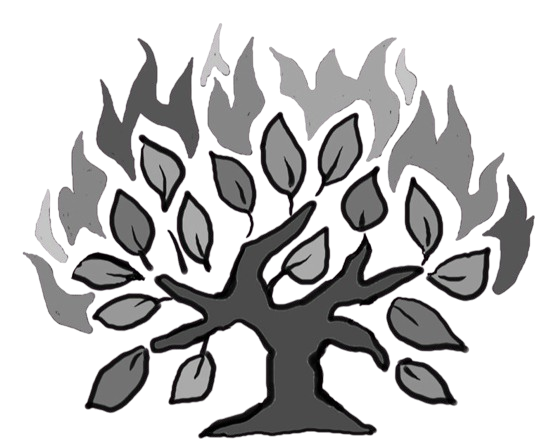In March, Paul was interviewed by Vice Magazine, who reached out to him to discuss how the Coronavirus might affect the political and economic situation in the United States. Below is an excerpt from the article, titled “Coronavirus Could be a ‘Trigger Event’ That Reshapes Society for the Better,” by Geoff Dembicki, published on March 24, 2020.
… [I]n an essay published last week in the activist outlet Waging Nonviolence, [Paul Engler] argu[es] that “if people really believed they could participate meaningfully in a mass campaign to care for others and pressure public officials to adopt humane emergency policies, we can be confident that hundreds of thousands would quickly join in.” Engler is co-author of This Is An Uprising and a founder of the training institute Momentum, which has worked with organizations like Black Lives Matter and the Sunrise Movement, so he’s at or near the center of a loose coalition of groups that were already trying to transform America before the coronavirus scrambled society and the economy.
Already, he worries, the wealthy and well-connected are using the chaos created by COVID-19 to increase their hold over society, a dynamic that fellow activist and author Naomi Klein tracks in The Shock Doctrine and elaborated on during a recent interview with VICE.
What Engler is proposing is a progressive, democratic alternative: “a people’s response to the pandemic.” I reached out to him last week to learn how everyday Americans go from being fearful and physically isolated in their homes to leading a political force the likes of which this country has rarely seen.
What is it about coronavirus that makes this moment so unprecedented?
I study what we call “trigger events” or “moments of the whirlwind.” There are events that change the dynamic of political and economic rules. Like, for instance, how Occupy Wall Street emerged in response to the 2008 financial collapse. The coronavirus pandemic is possibly the biggest trigger event within my lifetime. Some estimates are that millions will die from the pandemic no matter what we do. That’s bigger than even some major wars.
But you add to that the massive intervention of the state in our culture, you know, social distancing, self-quarantine and everything, closing down restaurants and bars. And then you add on top of that that we’re in the middle of one of the most consequential elections that we’ve ever seen in American history. All this creates a new liminal space where millions of people are thrown out of their regular normal lives and the rules of politics, the modes of interacting, change profoundly.
The challenge is that the best thing people can do for each other at the moment is not be near each other. Doesn’t that make organizing difficult?
That is true. If this pandemic didn’t require social distancing, I think there’d be thousands of people protesting in the streets right now. I think there would be a lot more mutual aid. The social distancing is an incredibly challenging barrier for social movements. There’s no doubt about it. But it doesn’t mean social movements cannot emerge. There is some precedent historically, especially in very repressive dictatorships where you can’t meet publicly, like what happened in Chile under [dictator Augusto] Pinochet.
In these cases a lot of actions become what we call more “distributed” and you have to do a lot of different stuff from your home. Like, lots of people banging pots and pans at the same time, or putting up signs everywhere, in your windows, in your car, right? And with technology, there’s a lot more things you can do. Social media stuff. Virtual rallies. You can do different types of petitions and you can also do a lot of the organizing now with technology.
Mutual aid groups are bubbling up. There’s literally thousands of efforts to respond to the crisis at the local level. Yet it has not been within a movement. There hasn’t been a framework yet, although each of these efforts individually are very important.
How would that affect the upcoming election, or politics more generally?
Right now, especially in this crisis, there are so many things that are being rethought, like around healthcare for example. Should we have big government programs to address climate change? To address poverty? If you change the political weather with a massive social movement, that could change politics in the U.S. for the next 10 years. Because then instead of arguing about austerity, we’re arguing around compassionate and democratic interventions that redistribute profits from corporations, from accumulation at the top to really providing for people. The case couldn’t be more strong because that’s what we have to do in a crisis. That’s what we have to do with the pandemic. We need massive government interventions to deal with climate change. Right now, that argument can be won.

